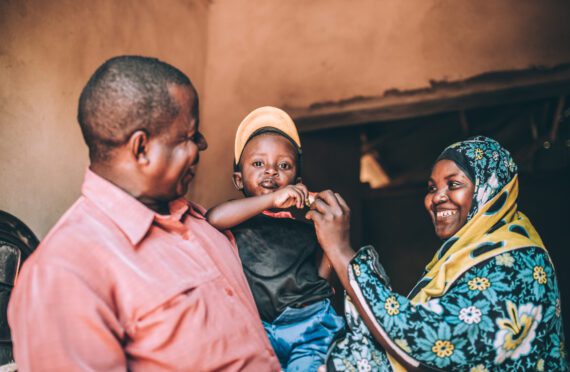Almost 5 million older Americans are food-insecure, and chronic heart disease and depression are just two of the health conditions that a lack of nutrition can exacerbate, according to a Bread for the World fact sheet released today. As more baby boomers enter their 60s, the number of food-insecure Americans will rise.
“As people get older, they should be focusing on spending time with their loved ones and enjoying their golden years. After a lifetime of contributing to society, older Americans should not have to worry about where their next meal is going to come from,” said Rev. David Beckmann, president of Bread for the World.
The leading causes of death among older Americans are cancer and heart disease. Food-insecure older Americans report more cases of heart-related conditions than their food-secure peers do. They are also 60 percent more likely to experience clinical depression. Food insecurity diminishes the nutrition intake of older adults by limiting the food options available to them. This is more pronounced in populations also facing poverty and racial inequality.
“Programs like SNAP, beyond buffering beneficiaries from food insecurity, afford the older population the option to eat healthier. However, participation rates in such programs among the older population remain low—especially among those aged 60 to 69,” said Beckmann. “Low participation rates are attributed to the stigma that unfortunately persists with such programs.”
Income inequality is also present and growing as the country’s oldest population grows. With the pressure of poverty and food insecurity, older Americans must find ways to address health issues, which are more prevalent as people age. Programs like SNAP (formerly food stamps) are crucial in breaking the harmful cycles of undernutrition and health problems among older Americans.



